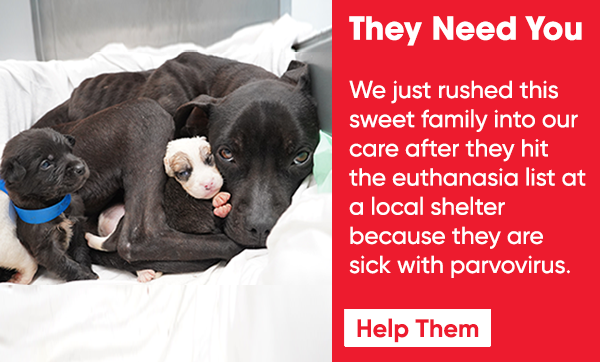Have you ever wondered what vaccines are? What they aren’t? How they work? Why your pet really needs them? IF your pet really needs them?
Truly there is no topic more controversial or confusing among pet owners and animal lovers. Does any of this sound like you? “I want my pet vaccinated for EVERYTHING!” “I don’t want my pet getting anything shot into him at all!” “I read on the internet where vaccines cause cancer.” “I don’t know what to think or who to believe!”
Only your veterinarian can give you the best advice for your pet’s personalized preventive care. If your pet is late on his or her vaccines, make an appointment today to ask your veterinarian what the best course of action is for your pet based on his or her lifestyle, age and general health status. Your veterinarian only wants the best for your furry family members.
Having said that, let’s start our conversation with what vaccines are and what they are not. Many people have the misimpression that vaccines are a kind of force field that prevents an animal from even contacting or contracting a virus. No vaccine can keep an animal from being exposed to disease. Rather, vaccines are a boost in the immune system’s ability to fight off a particular infectious agent (like a virus).
A better metaphor for how vaccines work is a “troop surge.” Remember hearing about those in the news? Your army is in combat with enemies and you send in more troops to fight. That is what vaccines do.
Let’s say that a dog’s immune system has a certain level of “soldiers” to fight off Bordetella (commonly called kennel cough). That puppy goes to the dog park and an infected dog coughs right in his face sending a vast amount of infectious “soldiers” at your dog. In this case, there are “more infectious soldiers” than “immunity soldiers.” What happens to that pup? You guessed it; he will come down with kennel cough.
Let’s say instead, that your pup had been to the vet a couple of months before and there received a Bordetella vaccine. That vaccine’s job is to boost the number of immunity soldiers available to fight off Bordetella. It is no guarantee that she won’t confront a greater number of “infectious troops,” but it will boost the number of “immunity troops” she has ready to fight if she does.
Make sense? Vaccines make for a difficult, complex and challenging subject. If you have any questions, about your dog or cat’s “readiness for combat” against infectious diseases, call and make an appointment with your veterinarian today!
Preventative health care will add to the quality and length of your pet’s life. And prevention costs are often substantially less than treatment, so make sure that your pet visits your veterinarian at least once a year for its annual shots and a thorough examination. For more information on the importance of keeping your pet healthy, visit the Pet Health Care section in our online Education Center.

